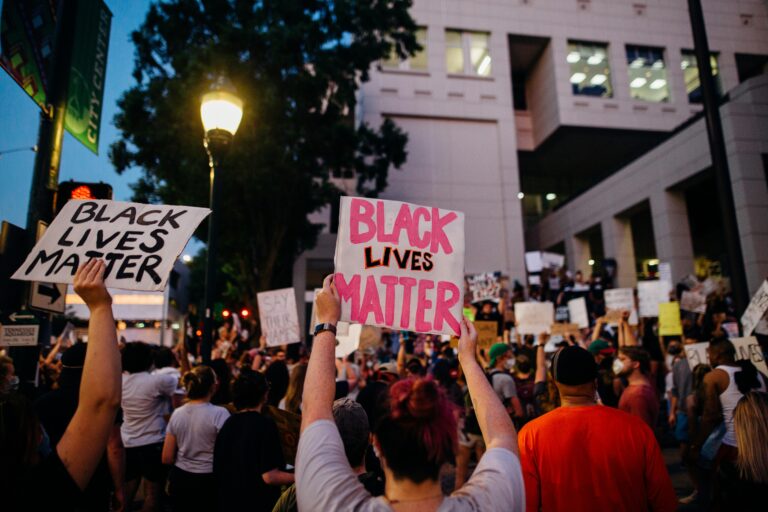In support of decolonizing education

The Canadian Government operated Indigenous residential schools for over 120 years from the 1870s to the 1990s. Schools were operated in every province and territory with the exception of New Brunswick and Prince Edward Island. Children between the ages of 4-16 years were forcibly removed from their parents and taken to these schools. Over the past year, hundreds of unmarked graves were discovered on the grounds of past residential schools across the country. These are graves of students that had died at these schools and were never identified. This recent development has brought to the forefront, once again, the plight of Indigenous people and minorities across Canada.
The establishment of residential schools was intentionally done to strip the Indigenous people of their culture, language and identity. They were issued European names in the process, forced to speak English and punished if they communicated in their indigenous languages. The objective was to force them to assimilate into their colonizers’ way of life. The plight of the Indigenous people over the last 150 years have highlighted the impact of colonialism on Indigenous and people of colour in North America and the Caribbean. It highlighted how education was and is currently being used to strip away cultural identity and in some instances commit cultural genocide among these groups.
The colonization of education represented the vehicle that the Europeans used to implement its own form of schooling in the colonies and to stifle the growth of indigenous ideas. Colonial style schools were the main tool used to diminish the validity and structure of the indigenous education system and suppress the accomplishment of the Indigenous people and the formerly enslaved in the Americas and the Caribbean. This structure perpetuated the imperialist ideologic structure that we have inherited.
Our educational system, in the past and to some extent in the present, has been utilized for the sole purpose of forced assimilation. The residential schools in Canada were uniquely designed to colonize “the mind, the heart and the spirit of the being”. In the Caribbean, education was conducted by missionaries in a similar fashion with the objectives of forcibly converting the natives and formerly enslaved. The Catholic Church was at the forefront and once slavery was abolished in 1834 the British saw education as a critical way to assimilate ex-slaves in the colonial economy and to ensure a peaceful lower class. In short, to reduce the risk of an uprising against their former masters.
I can recall during my primary and secondary education years the curriculum was focused around the British and the European influence in North America. My grade six readers featured stories of winter and ice fishing and stories relating to bears, beavers, hares and hedgehogs all of which were out of the realms of my lived experiences. The secondary years in school fared a little better with English literature typically featuring all British writers. It was the Caribbean history of Roy Augier et-al Making of the West Indies in the 1960s and beyond that revolutionized the teaching and studying of history in the region. It allowed us as students to accurately understand the history of our region from the shrewd eyes of our own and not the coloured interpretation of the colonial writers.
The process of decolonizing education remains an ongoing one, but it is a far way to be completely effected. In Canada, the recent findings of what took place at residential schools in the indigenous community has ignited the urgency to revise school curricula. Many of the provinces were before chopping or slow-walking the changes needed to adequately incorporate native or Black content into the curriculum. With a renewed call for truth and reconciliation after recent events, many political leaders were scrambling frantically to effect changes in the K-12 curriculum to acknowledge the contribution and abhorrent misfortunes of the ingenious community.
Today, colonialism is more subtle and is perpetuated in the curriculum, hence changes in the content of the curriculum represent a fundamental pillar of decolonization. Schools need to consider whose knowledge and perspective are given priority. Decolonized education is rooted in location and place. The land of the indigenous people or the journey of the enslaved and their freed descendants throughout the Caribbean and North America. Education based on location and place empowers students and helps restore cultural knowledge.
Decolonization has to represent a process rather than an isolated event. Constant reflection is required throughout and the path forward will not always be easy. It will require a rebuilding of a school system that supports all students, teachers and support staff. Currently, native students and students of colour are at a disadvantage in the North American school system. The equity can only be accelerated when more opportunities are provided for Indigenous people and teachers of colour in the classroom, who can transfer the values and become role models for these students.
To achieve the goal of decolonizing the education system, links will have to be reestablished to the community and reconnect students with vital support systems; this can be accomplished by establishing more alternative schools or programmes which can challenge traditional education norms. This can take the form of more native schools and places of higher learning or Afrocentric schools. Cultural, heritage-based programmes can be implemented in the regular school system but must be delivered through the lens of the Indigenous and people of colour. Decolonization of education is the catalyst to achieve the goal of reconciliation and healing among the disadvantaged groups within our society.
Fernon Wilson is a Jamaican born educator working in Toronto, Canada.






